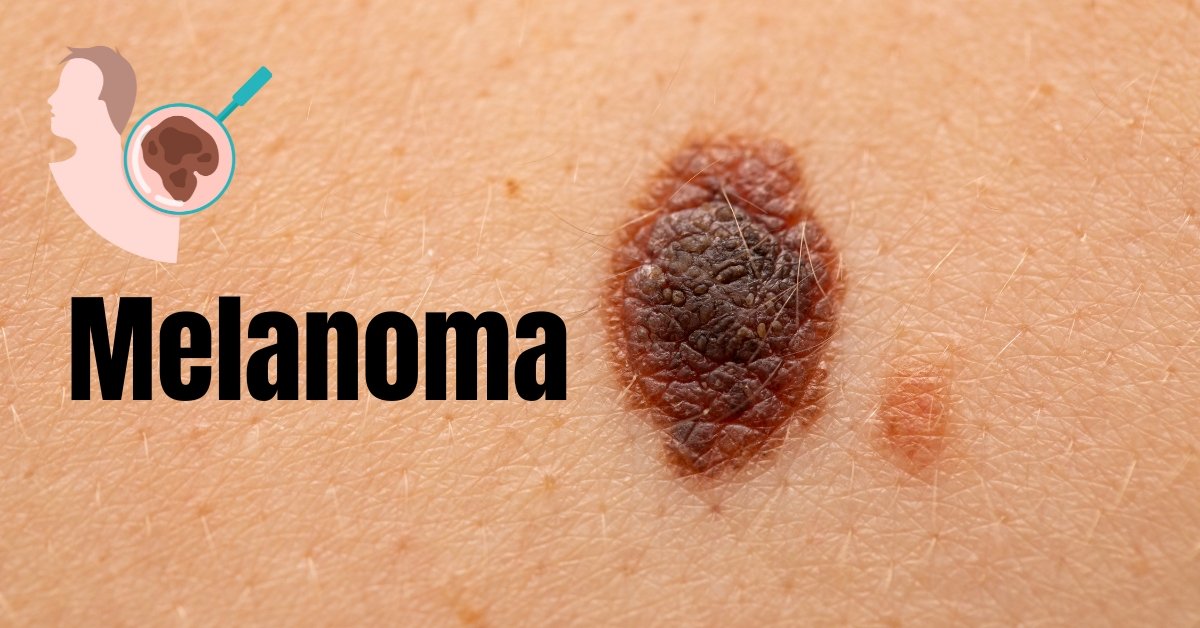
As an oncologist, my mission is to provide clarity and support to those navigating the complexities of cancer. Today, let’s delve into one of the most formidable foes in the realm of skin cancer: melanoma.
What is Melanoma?
Melanoma is a type of skin cancer that develops from melanocytes, the cells responsible for producing melanin—the pigment that gives skin its color. While it’s less common than other types of skin cancer, it’s more likely to grow and spread if not detected early.
Melanoma Risk Factors
Several factors can increase the risk of developing melanoma:
- Excessive Sun Exposure:
Intense, intermittent exposure to UV radiation increases the risk. - Fair Skin:People with fair skin, light-colored eyes, and freckles are more susceptible.
- Family History:A family history of melanoma can elevate the risk.
Melanoma Signs and Symptoms
Early detection is crucial for successful treatment. Signs of melanoma can include:
- Changes in Moles: Look for changes in size, shape, color, or texture.
- New Moles:Development of new moles, especially if they’re abnormal in appearance.
- Itching or Bleeding:Moles that itch, bleed, or don’t heal should be evaluated.
- Spread of Pigment: Pigment spreading from the border of a mole into surrounding skin.
Diagnosis and Treatment
If melanoma is suspected, a biopsy is performed to confirm the diagnosis. Treatment options may vary depending on the stage and extent of the cancer. They may include:
- Surgery:Surgical removal of the melanoma and surrounding tissue.
- Chemotherapy:Systemic treatment to kill cancer cells.
- Immunotherapy:Boosting the body’s immune system to fight cancer.
- Targeted Therapy:Drugs targeting specific mutations in cancer cells.
Prevention
Prevention is key in reducing the risk of melanoma:
- Sun Protection:Use sunscreen with SPF 30 or higher, seek shade, and wear protective clothing.
- Regular Skin Checks: Perform self-examinations and see a dermatologist annually for skin screenings.
- Avoid Tanning Beds:UV radiation from tanning beds increases the risk of melanoma.
Conclusion
Melanoma is a serious form of skin cancer, but with early detection and prompt treatment, the prognosis can be favorable. As an oncologist, my goal is to empower individuals with knowledge and resources to protect their skin and detect melanoma in its earliest stages. Remember, your skin health is in your hands—prioritize sun safety and regular skin checks.
Recommend: Understanding Multiple Myeloma: Symptoms, Diagnosis, and Treatment options
Why More Young Adults Are Developing Colorectal, Pancreatic & Other GI Cancers …
By Dr. Saadvik Raghuram Y – Leading Oncologist in Hyderabad World Cancer …
Why Are So Many Young People Getting Cancer Today? Across the world, …
January is Cervical Cancer Awareness Month in India, and this article explains …
Cancer-Related Fatigue (CRF) is one of the most common—and most underestimated—symptoms experienced …
Every year, Aplastic Anemia Awareness Month shines a spotlight on a rare …

